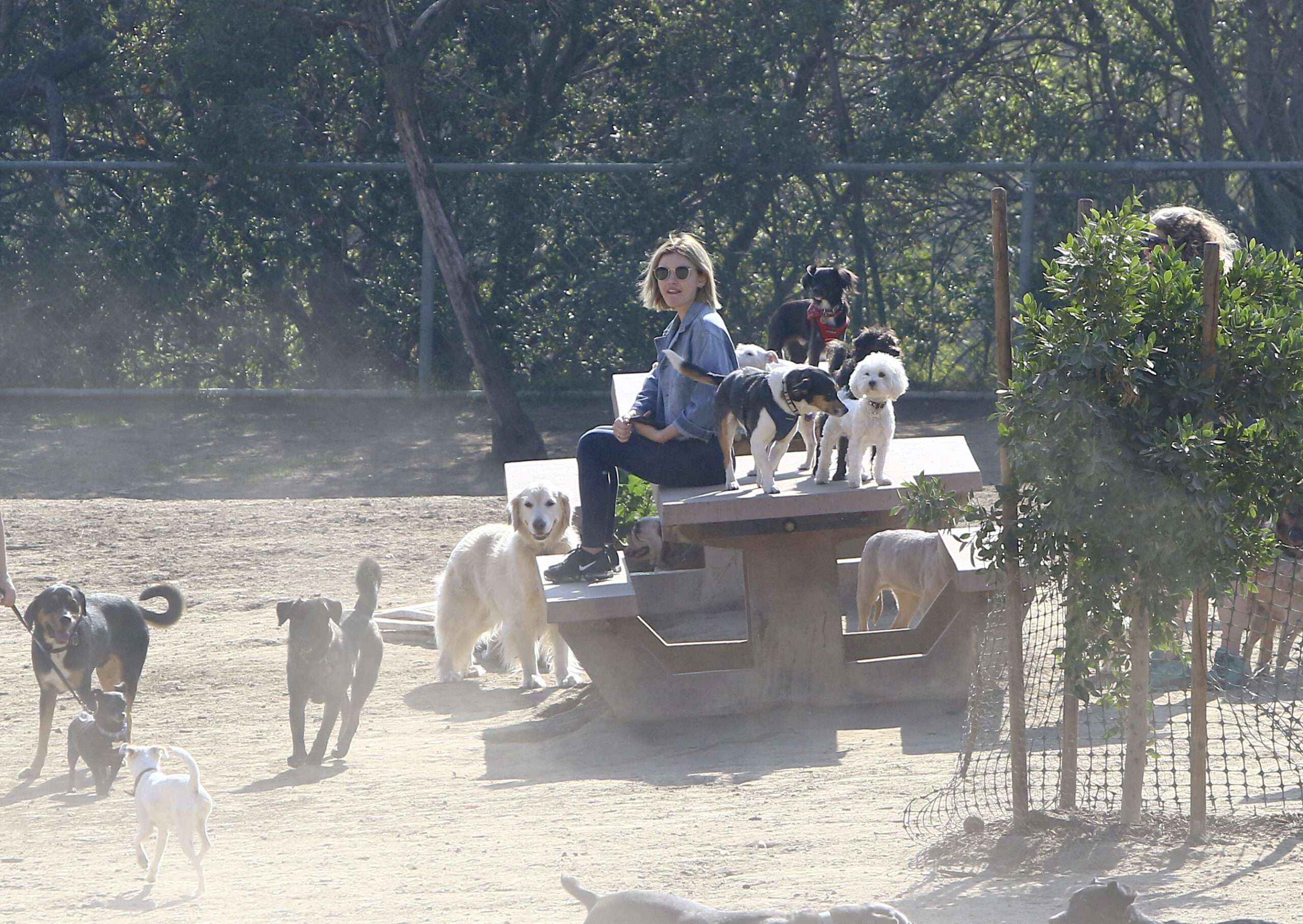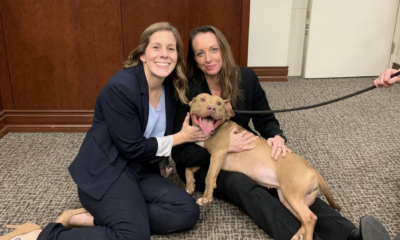-

 Celebrity News1 week ago
Celebrity News1 week agoHugh Jackman and Sutton Foster Cooling Off Amid His ‘Flirtation’ With 25-Year-Old Costar Ella Beatty
-

 Celebrity News1 week ago
Celebrity News1 week ago‘GMA’ star Robin Roberts’ Lavish Vacations With Travel Expert Raising Eyebrows
-

 Celebrity News1 week ago
Celebrity News1 week agoJennifer Aniston Living in Fear and in a ‘State of Shock’ Following Terrifying Incident with Stalker
-

 Celebrity News1 week ago
Celebrity News1 week agoBilly Ray Cyrus Ignoring ‘Negative’ Feedback From Family Amid New Romance With Elizabeth Hurley
-

 Celebrity News1 week ago
Celebrity News1 week agoTyra Banks Flees the States As Career Crumbles: ‘It’s Been Crickets’
-

 Celebrity News1 week ago
Celebrity News1 week agoAerosmith’s Steven Tyler Secretly Preparing to Sing One Last Time Despite Vocal Cord Injury
-

 Celebrity News1 week ago
Celebrity News1 week agoBen Affleck Jealous Over Ex Ana De Armas’ Rumored New Romance With Tom Cruise
-

 Celebrity News1 week ago
Celebrity News1 week agoMiley Cyrus Doting On Dolly Parton As She Continues to Heal After Death of Husband Carl Dean
-

 Celebrity News1 week ago
Celebrity News1 week agoKris Jenner and Kathy Hilton In ‘Icy’ Battle Over Who Launched Kim Kardashian’s Career
-

 Celebrity News1 week ago
Celebrity News1 week agoWhy Kylie Jenner’s Keeping Her Sisters Away from Timothée Chalamet: ‘She Doesn’t Trust Them’
-

 Celebrity News6 days ago
Celebrity News6 days agoGigi Hadid Sparks Engagement Buzz With Bradley Cooper After Sporting Gold Band On That Finger
-

 News1 week ago
News1 week agoModern Forensics Could Potentially Solve Century-Old Lindbergh Baby Case













